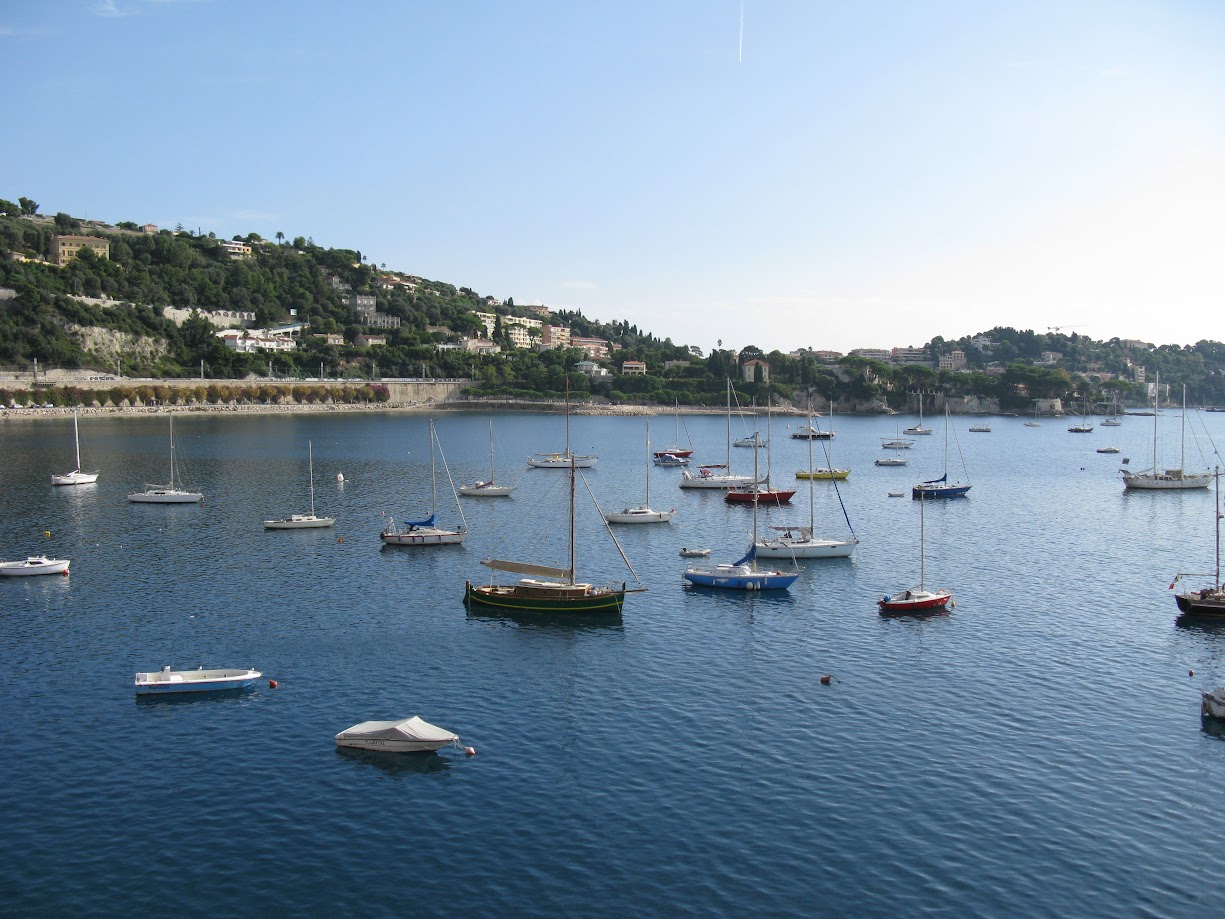Tag: April 2004
-
Top Ten travel Tips by Silja Swaby
Silja was our roving correspondent at the ITW show in London in January. We asked what were the most important travel tips she came away with after having attended some

